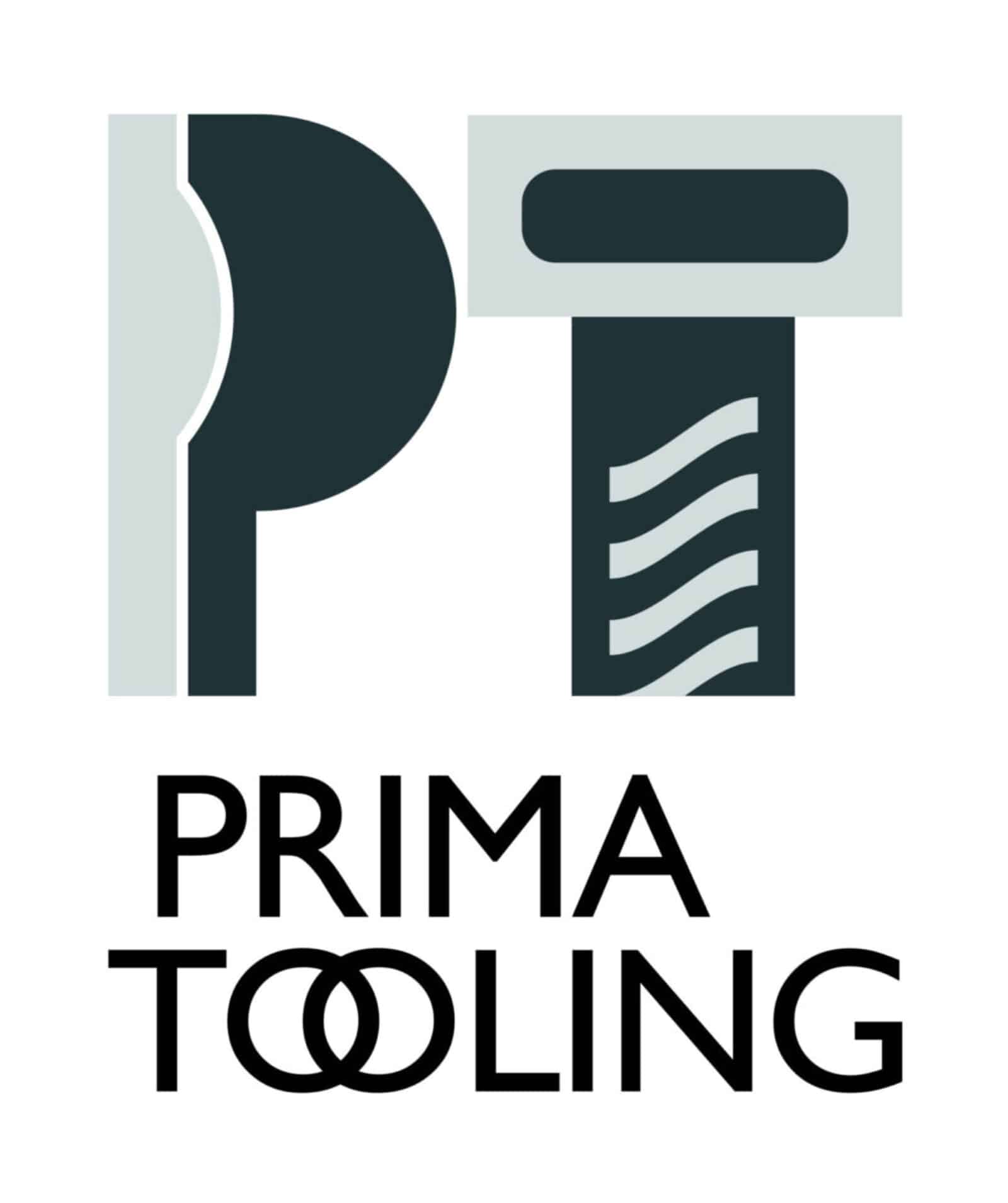Wood and composite wood manufacturing requires various cutting tools to accomplish tasks such as carving, routing, shaping, and edgebanding. For professionals in the industry, selecting the appropriate tools and knowing how to use them effectively is the key to achieving the desired finish and quality in end products. At Prima Tooling, we understand the significance of choosing the right cutting tools for edgebanding applications and the intricacies involved in the process. That’s why we have put together this expert guide: to dive deep into the world of jointing edgebanding cutters and explore the essential aspects of this crucial process.
As a leading CNC cutting tool manufacturer, we offer a diverse range of jointing edgebanding cutter options and spindle tooling solutions designed to cater to the varied demands of edgebanding applications. Our range includes Straight Router Cutters, Solid Carbide Tooling, and a variety of PCD and TCT tools—each with their unique advantages in different edgebanding scenarios. In this comprehensive guide, we’ll discuss everything you need to know about jointing edgebanding cutters, from understanding their applications and choosing the right tool for your production process to mastering advanced techniques to ensure a perfect finish.
Edgebanding is all about precision, and our expertise in cutting tool manufacturing ensures that we provide you with the highest-quality jointing edgebanding cutters. However, achieving the perfect finish is a result of not just using the right tool but also the know-how of proper tool usage, maintenance, and technique. In this guide, we’ll go beyond the tool itself, revealing tips, tricks, and best practices for flawless edgebanding that will take your production to new heights.
Understanding Edgebanding Applications and Challenges
The edgebanding process involves applying a narrow strip of material (typically wood, veneer, or PVC) to the exposed edges of wood panels, such as those used in furniture and cabinetry. This process serves to protect the wood from damage and provide a finished appearance. Edgebanding presents several challenges that require specific tools and techniques to master:
1. Material Selection: Different materials used in edgebanding have varying characteristics, which influence the cutting tools and techniques required. For example, solid wood bands require different edgebanding cutters than PVC or veneer.
2. Achieving a Consistent Edge: Consistent glue application ensures a reliable bond between the edgeband and the panel, preventing gaps and weaknesses in the finished product.
3. Seamlessness: Achieving a seamless edge and tight joints where multiple pieces of edgebanding meet requires precise cutting, trimming, and finishing processes.
Choosing the Right Jointing Edgebanding Cutters and Spindle Tooling
Selecting the appropriate edgebanding cutters and spindle tooling is essential for achieving the desired edgebanding quality. Here are some factors to consider when choosing the right tools:
1. Material Compatibility: Different cutting tools excel in working with specific materials. For example, while PCD cutters are exceptional in processing wood composites, solid carbide cutters may be more suitable for plastics or other composite materials.
2. Tool Geometry: The shape and design of the cutting edge determine the quality of the finished edge. For a smooth, clean cut, opt for tools with sharp cutting edges and appropriate geometries for your edgebanding application.
3. Durability: High-quality jointing edgebanding cutters and spindle tooling, such as those made from PCD, TCT, or carbide, provide longer tool life, ensuring consistent results and reducing downtime due to tool changes and maintenance.
Mastering Edgebanding Techniques for a Flawless Finish
Adopting the right techniques for edgebanding is essential for achieving a perfect finish. Here are some tips to consider:
1. Consistent Glue Application: Using a suitable edgebander machine, ensure an even and consistent layer of glue is applied to both the panel edge and the edgeband material before attaching the two.
2. Precision Trimming: After applying the edgebanding material, use trimming equipment or dedicated edgebanding trimmers to remove any excess material and achieve a precise, clean edge.
3. Fine Finishing: Use appropriate tools, such as buffing or scraping equipment, to smoothen the trimmed edges further and remove any glue residue to achieve a seamless, professionally finished appearance.
Caring for Your Jointing Edgebanding Cutters and Spindle Tooling
Proper care and maintenance of your jointing edgebanding cutters and spindle tooling are essential to prolong their life and maintain consistent performance. Here are some best practices:
1. Regular Cleaning: Gently remove debris from edgebanding cutters after each use with a soft brush or compressed air blast to prevent clogging.
2. Inspection and Maintenance: Regularly inspect your edgebanding cutters and spindle tooling for damage, wear, or debris buildup and replace or repair if necessary.
3. Proper Storage: Store your jointing edgebanding cutters and spindle tooling in a clean, dry, and temperature-controlled environment to protect them from corrosion and damage caused by temperature fluctuations.
Conclusion
Achieving perfect edgebanding results requires an understanding of the applications, challenges, and techniques involved, the selection of the right jointing edgebanding cutters and spindle tooling, and the proper care and maintenance of these tools. By following the tips and recommendations outlined in this guide, industry professionals can overcome common edgebanding challenges and align their production process with the goal of exceptional finish quality.
Empower your woodworking proficiency by incorporating high-quality cutting tools from Prima Tooling and expert insights from this guide to edgebanding perfection. Explore our range of jointing edgebanding cutters and spindle tooling solutions today to enhance your edgebanding quality and elevate your production efficiency.
